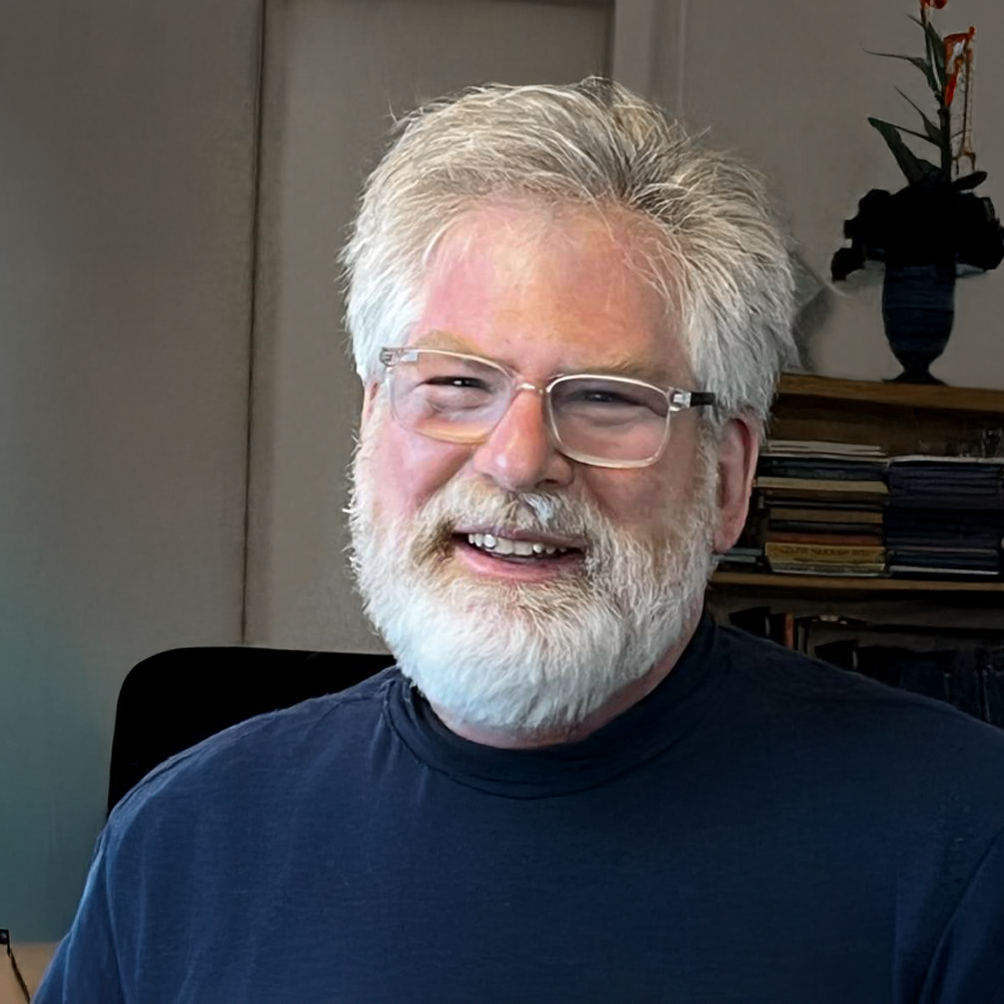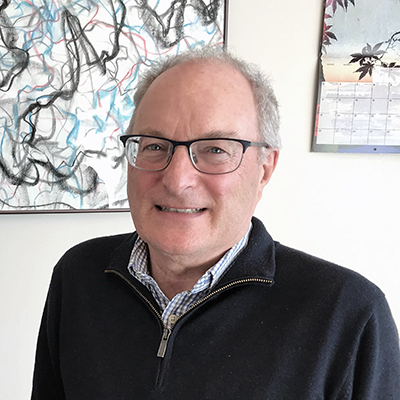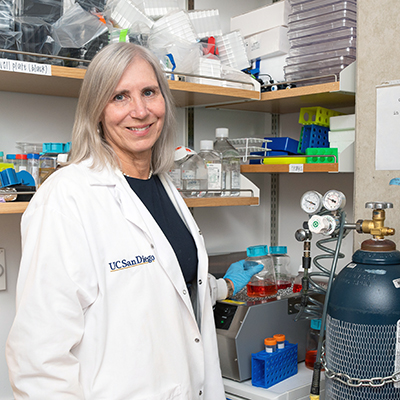Three UC San Diego Researchers Elected to the National Academy of Sciences
The scientists — based in fields ranging from computer science to molecular biology to pediatrics — join one of the world’s most prominent scientific societies
Story by:
Published Date
Story by:
- Mario Aguilera - maguilera@ucsd.edu
- Ioana Patringenaru - ipatrin@ucsd.edu
- Joyce Pritchett - jmpritchett@ucsd.edu
Share This:
Article Content
The National Academy of Sciences (NAS) has announced that University of California San Diego Professors Russell Impagliazzo, Cornelis Murre and Elizabeth Winzeler have been selected as new members. NAS membership represents one of the most distinguished honors for U.S. scientists and engineers.
The new NAS class includes 120 new members and 30 international members who were selected “in recognition of their distinguished and continuing achievements in original research.” Election to NAS is an honor of excellence in science and widely regarded as recognition of the prominence of an institution’s faculty.
“At UC San Diego, we celebrate not only the brilliance of individual achievement but also the transformative potential of research that pushes boundaries,” said Chancellor Pradeep K. Khosla. “We are so proud of these three professors who embody this spirit of relentless curiosity, intellectual courage and a deep commitment to advancing knowledge for the betterment of society. Their election to the National Academy of Sciences is a recognition of decades of deep inquiry — from reshaping how we understand computational complexity, to uncovering the mechanics of gene regulation, to pioneering drug discovery for infectious diseases. Their work is not only advancing science — it is shaping the future of technology, medicine and human health.”
Impagliazzo , Murre and Winzeler will be formally inducted at next year’s NAS annual meeting. See the complete list of new members.

Russell Impagliazzo, a professor in the UC San Diego Department of Computer Science and Engineering, Jacobs School of Engineering, focuses on computational complexity theory, which seeks to determine how hard any given mathematical problem is. The aim is to identify both the most efficient methods for solving problems in terms of computational time and other resources and to identify problems that require a prohibitive amount of time or resources to solve. One focus of Impagliazzo’s research is to clarify what makes a computationally difficult problem useful for cryptography. That’s because hard problems are key for security applications. For example, the computational difficulty of factoring is the basis for securing everything from encrypted text messages, to secure Internet browsing, to secure banking transactions. Impagliazzo was a National Science Foundation Young Investigator, a Sloan Fellow, a Fulbright Scholar, and a Guggenheim Fellow and a Simons Investigator. He was also a visiting professor at the Institute for Advanced Study in Princeton. He earned a PhD from UC Berkeley and joined the UC San Diego faculty in 1991.

Distinguished Professor Cornelis Murre, a faculty member in the Department of Molecular Biology, School of Biological Sciences, has spent his 35-year career investigating the molecular mechanisms that underpin immune cell development. His research, funded by the National Institutes of Health, recently uncovered new aspects of neutrophils, blood cells that serve as a first response to invading bacteria. Rather than taking a round shape as most other cells, Murre and his colleagues, discovered that changes in nuclear architecture allow neutrophils to assemble into lobe-type forms, which prepares them to identify and combat invading pathogens. Murre’s laboratory previously found that the design and architecture of the cell’s nucleus plays a key role in helping neutrophils spring into defensive action. Murre, who joined UC San Diego in 1990, serves on the editorial boards of Immunity, Genes & Development and the Journal of Experimental Medicine. He previously served as chair of the Department of Molecular Biology (2020-2023). Murre received his PhD from the University of Leiden (joint program with Harvard Medical School) and completed a postdoctoral fellowship at the Whitehead Institute at MIT. His previous honors include selection for a Searle Scholarship and a National Institutes of Health Merit Award.

Elizabeth Winzeler, professor in the Department of Pediatrics at UC San Diego School of Medicine, and associate dean for research and innovation at UC San Diego Skaggs School of Pharmacy and Pharmaceutical Sciences, is an expert in drug development. Her lab studies how diseases interact with the human body, using data-intensive methods to find solutions, often by looking at how different chemicals affect infections and by analyzing the complete DNA of organisms. Author of more than 250 publications, Winzeler is also a member of the National Academy of Medicine and fellow of the American Academy of Microbiology. She has received numerous recognitions for her research including the Keck New Investigator Award and Ellison Medical Foundation New Scholars Award, Bailey K. Ashford Medal for distinguished achievements in tropical medicine, Alice and C.C. Wang Award in Molecular Parasitology and Project of the Year from the Medicines for Malaria Venture. For more than 20 years, the main focus of her research has centered on developing better medications for the treatment and eradication of malaria. She worked with the Bill and Melinda Gates Foundation to establish and direct what has become the Malaria Drug Accelerator (MalariaDA.org), a consortium of 18 laboratories in the United States, Africa, Europe and Asia working to improve and accelerate antimalarial drug discovery processes.
Share This:
You May Also Like
Stay in the Know
Keep up with all the latest from UC San Diego. Subscribe to the newsletter today.



